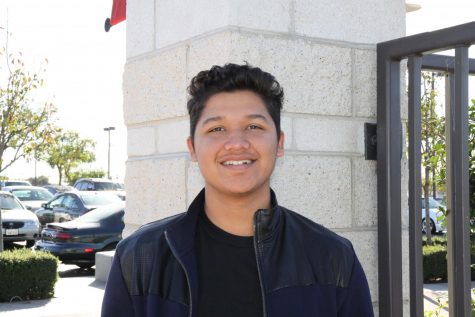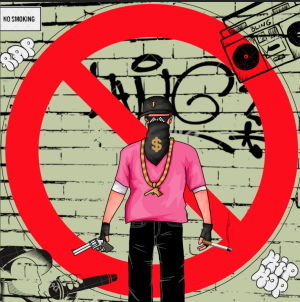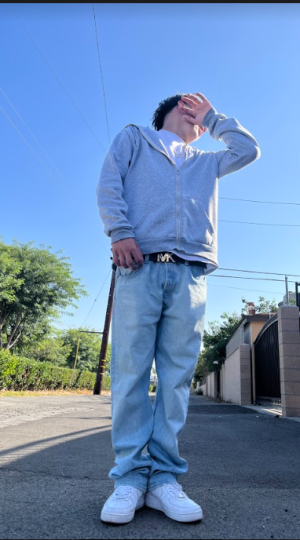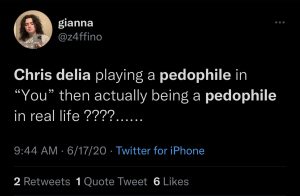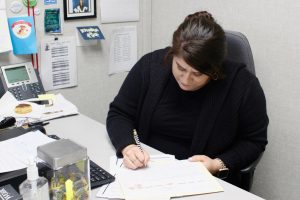A taste of rural America
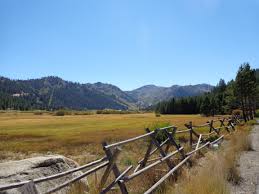
Mid-western Plain
February 28, 2018
America. A nation divided between a majority of conservatives and liberals. Whether you believe our President is making the right decisions or not, one thing can truly be said about our home sweet home. Donald Trump was elected President of the United States of America and political science experts did not expect the results.
However, how he almost inexplicably won the electoral college can be answered by looking at the polls and where he had gotten the most votes.
Rural America.
I will define rural America with broad strokes, which will not speak for all Americans living in this area, but it will
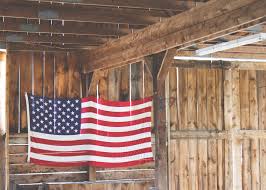
American flag against wooden structure
serve the purpose of informing our school with as much political correctness as possible. For this story, rural America will be defined as white, working-class Americans who live in the Mid to Mid Eastern parts of America.
As a more liberal-leaning school association, we have grown accustomed to hearing people say, “Equality!” “Black Lives Matter!” or “Equal Rights!” But we have not grown accustomed to what a rural America looks or feels like. The media makes fun of their beliefs and values with shows such as “The Late Show with Steven Colbert” or “The Daily Show with Trevor Noah,” and underestimate the true intentions of our citizens in these areas.
In an article by Danielle Kurtzleben for National Public Radio, she states that the location many Americans live in will usually decide what side the city or county will take (excluding independent candidates), either Democrat or Republican. Urban areas tend to vote more Democrat because of the more progressive and “modern” ideas that cities expose their citizens to. On the other hand, rural areas tend to have fewer college-educated voters, which created a base for Trump’s support in the Electoral College.
In Rural America, the rules are different: Land is abundant, church is essential to country life, and family is everything to them. The great differences between our coasts and their plains vary in the culture and the time frame as well. Americans have lived through generations, and with each generation, attitudes change along with it. Their attitude resonated with Donald Trump this election season.
Apart from the massive backlash they get from the media in today’s society, they are real people who work hard and want to see everyone in America work as hard as they do. Robert Leonard from The New York Times, retells his own experience in listening to a sermon by Baptist Minister J.C. Watts, “‘The difference between Republicans and Democrats is that Republicans believe people are fundamentally bad, while Democrats see people as fundamentally good,’ said Mr. Watts, who was in the area to campaign for Senator Rand Paul. ‘We are born bad,’ he said, and added, that children did not need to be taught to behave badly — they are born knowing how to do that.” The sermon revealed some of the core beliefs of rural America, such as the belief in righting the wrongs of human nature.
Dr. Philippe Andrade, a professor of political science here at Santa Ana College, had his own perspective on how rural Americans thought before the election. Andrade had mentioned that before the Trump campaign emerged, white working-class Americans in their mid to late middle ages felt as if there was little opportunity for their children to thrive as middle class families. They feel as if more opportunities are given to minorities and not towards the future generations of white working class Americans. Expressing this concern, according to Andrade, is controversial since no one wants to be labeled a racist, but when a group feels targeted to be set up for something bad, the anger was eminent. So when Donald Trump launched his campaign for President of the United States, he spoke directly towards this demographic, which led him to the Presidency with so many rural voters wanting change.
The United States has been struggling with being a welcoming nation and many can argue that we are still struggling with accepting the changes of today. The America we knew back then when urban areas were not as prevalent as they are now is not the same America we know now. And because we have grown more aware of the consequences separating ourselves can do, I believe it is our duty to all be educated in order to create a better democracy for everyone.
































